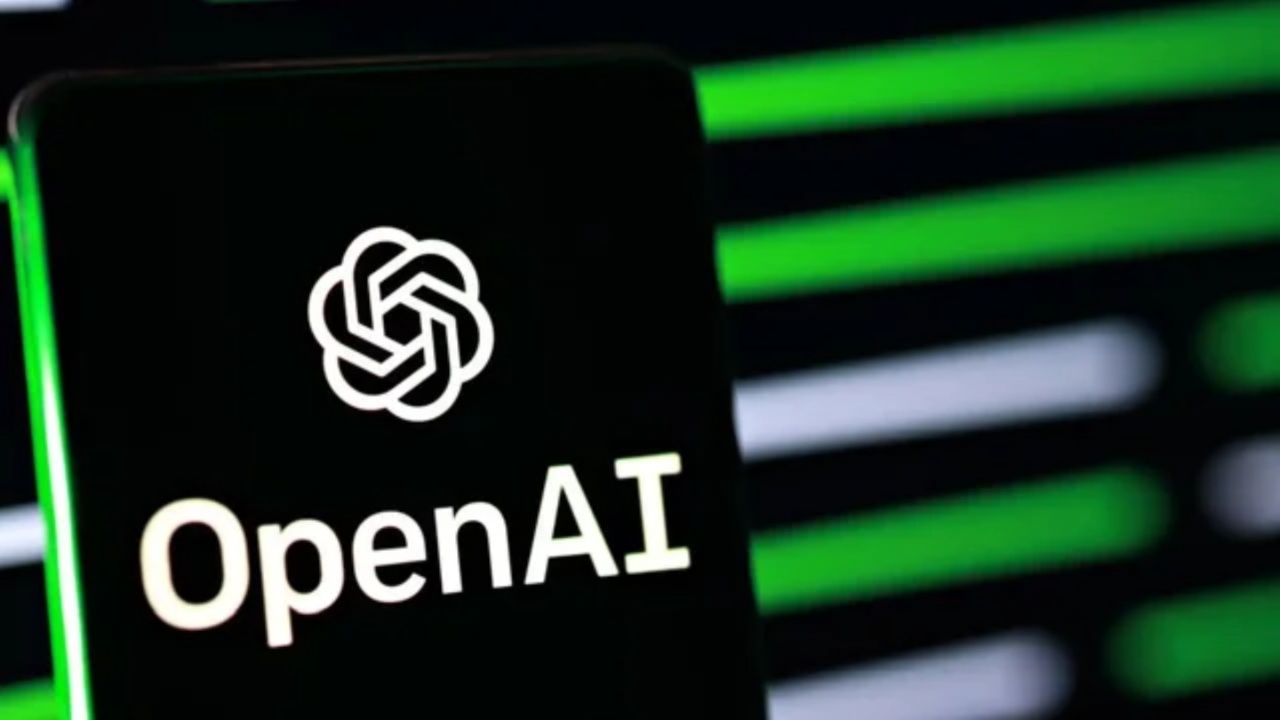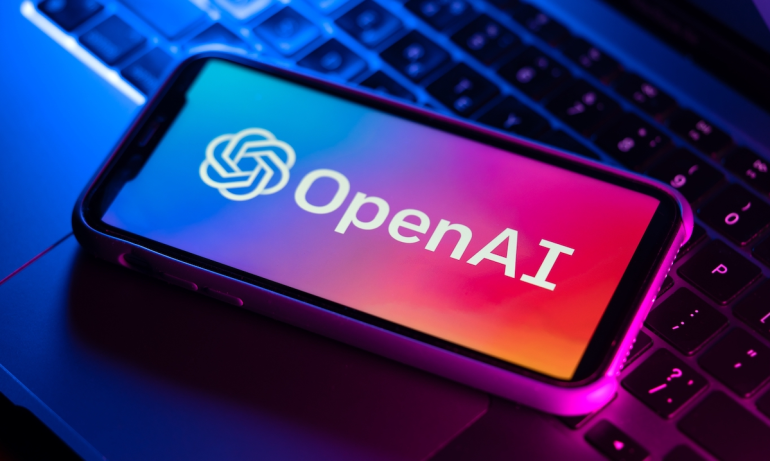OpenAI is pushing the boundaries of artificial intelligence by developing an AI agent that could replace human software engineers in the creation of applications. At a recent Goldman Sachs conference, OpenAI’s CFO Sarah Friar revealed that the company is working on an AI agent capable of doing much more than just writing code.
This AI, dubbed A-SWE (Agent Software Engineer), is designed to autonomously build apps, perform quality assurance tests, fix bugs, and write documentation. The goal is to create an AI that not only assists engineers but fully takes over their roles, streamlining the entire software development process.
A-SWE OpenAI’s Next Step in AI Automation for Software Engineering Tasks and Productivity
A-SWE will be OpenAI’s third AI agent tool, following the releases of Operator and Deep Research earlier in the year. Operator is a personal assistant AI that can handle tasks such as grocery shopping and making dinner reservations, while Deep Research generates detailed research reports by scouring the web.
A-SWE, however, represents the next step in AI’s capabilities, automating the full spectrum of software engineering tasks and significantly increasing productivity by handling the tasks that engineers often find tedious and time-consuming.

OpenAI’s move to develop an autonomous software engineering agent comes amidst growing competition. In March 2024, Cognition AI launched its own coding assistant, Devin, claiming to be the first AI software engineer.
However, Devin’s performance in independent tests was not perfect, completing only three out of twenty tasks. Despite this, the development of such tools signals the increasing ability of AI to handle complex coding tasks, and many in the industry are concerned about the potential for AI to replace human engineers.
AI’s Growing Role in Coding Raises Concerns About Job Displacement and Skill Shifts
As AI’s coding abilities continue to improve, there is growing concern about its impact on software engineering jobs. Industry leaders, such as Anthropic CEO Dario Amodei, have voiced concerns about AI potentially writing “essentially all of the code” in the near future, leading to the displacement of jobs in the field.
In response to these advancements, Meta CEO Mark Zuckerberg shared that Meta is also working on an AI capable of writing code at the level of a mid-level engineer, further emphasizing the increasing role AI will play in software development.
OpenAI’s CEO Sam Altman has commented on how AI is altering the skills required in the tech industry. Rather than focusing solely on learning traditional coding, Altman suggests that the most important skill now is mastering the use of AI tools.
This shift in focus could mean that fewer software engineers are needed, as AI takes on the majority of the coding work. OpenAI’s recent $40 billion funding round and $300 billion valuation further highlight the growing influence and financial backing of AI technologies in the software development industry.

